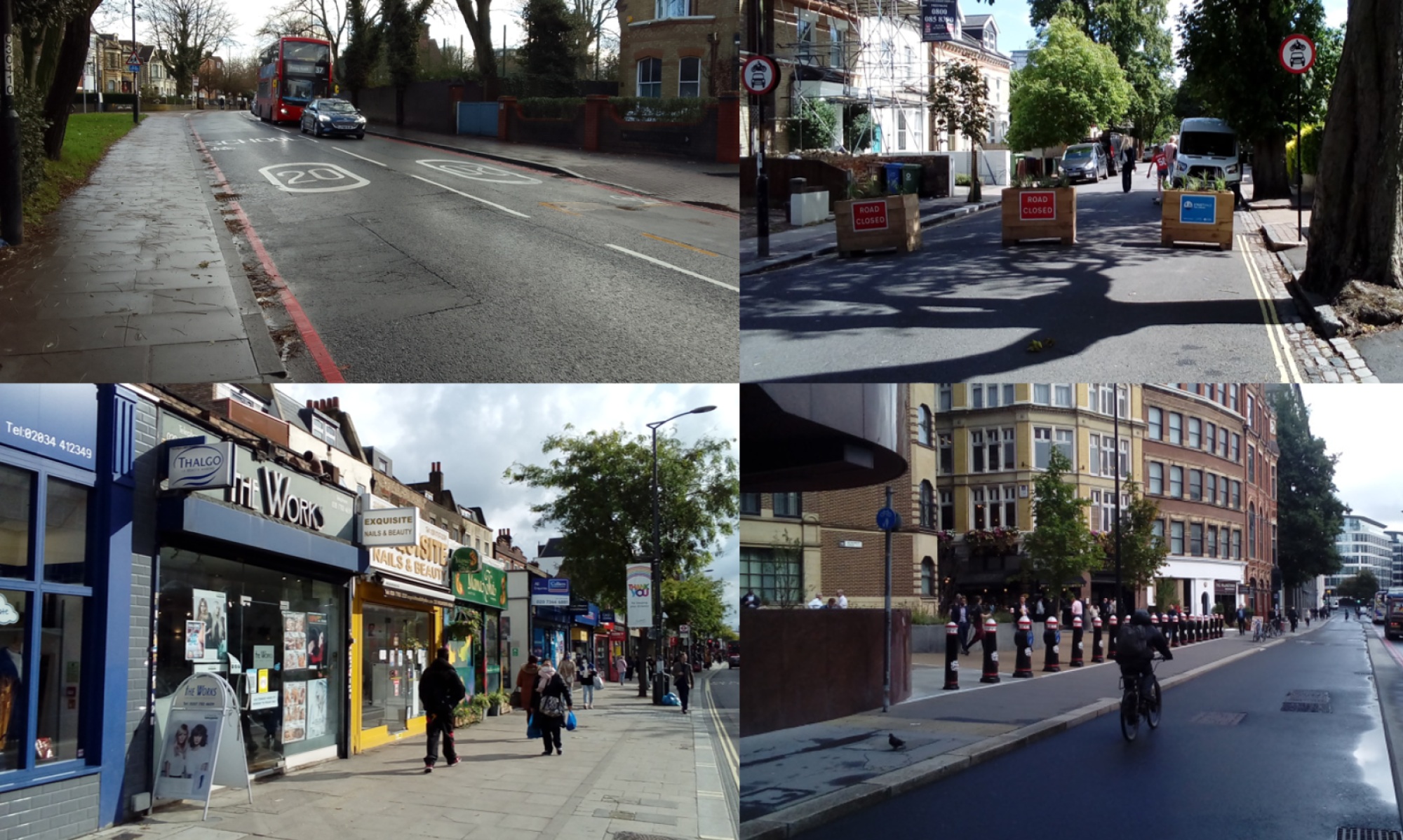“Road traffic injuries are a major but neglected global public health problem.”
World Health Organisation
Action Vision Zero helps communities campaign for safe roads and streets where people want to walk, cycle and spend time. Achieving a vision of zero fatal and serious road casualties is entirely possible in the long term, but requires a rethink of the balance between people and motor vehicles. This is critical, not just for our safety, but for social justice, increasing physical activity, reducing air pollution and slashing carbon emissions.
1,782 people were killed and 25,484 were reported to be seriously injured on UK roads in 2018. The majority of these victims were “vulnerable road users”, or those walking, cycling or riding motorcycles.
This level of death and serious injury would be a crisis in any other mode of transport or part of society. Unfortunately it has come to be accepted on our roads.
The Vision Zero concept, pioneered by Sweden in 1997, challenges the inevitability of road danger and puts human health at the centre of how we design and manage our roads and streets. It has since been adopted by cities including London, New York, San Francisco, Chicago, Paris, Berlin and Stockholm.
While it is easy to set Vision Zero ambitions, it has been much harder to deliver sustained results. Initial sharp declines in road fatalities following the introduction of Vision Zero policies in Sweden and New York have levelled off in recent years.
Action Vision Zero helps to take the concept to the next level in the UK. We do this by providing evidence, proven policy ideas and one-to-one support to communities, campaigners and elected representatives.
This is about reducing the impact of motor vehicles by demanding:
| Slower speeds | Maximum 20mph speed limits where people and vehicles mix and compliance with those limits. |
| Safe junctions & crossings | Direct crossings on desire lines with short waiting times and enough time to cross. |
| Safe space for cycling | Protected cycle lanes on main roads and low-traffic neighbourhoods. |
| Less traffic | Fewer vehicles means fewer casualties. Achieving this requires more walking, cycling and public transport, more efficient and sustainable delivery of goods, and road user charging. |
| Safe vehicles | Speed limiters on all new private cars; retrofitting speed limiters on all working vehicles; safe HGVs including Direct Vision Lorries and Bus Safety Standards. |
| Safe behaviours and enforcement | An end to careless and dangerous driving. Education plays a role in achieving this, but clear and visible police enforcement is a priority. |
We offer a wide range of resources and one-to-one help that is available free of charge. Please contact Jeremy and Emma from Action Vision Zero here.
Action Vision Zero is supported with funding from the Foundation for Integrated Transport.


